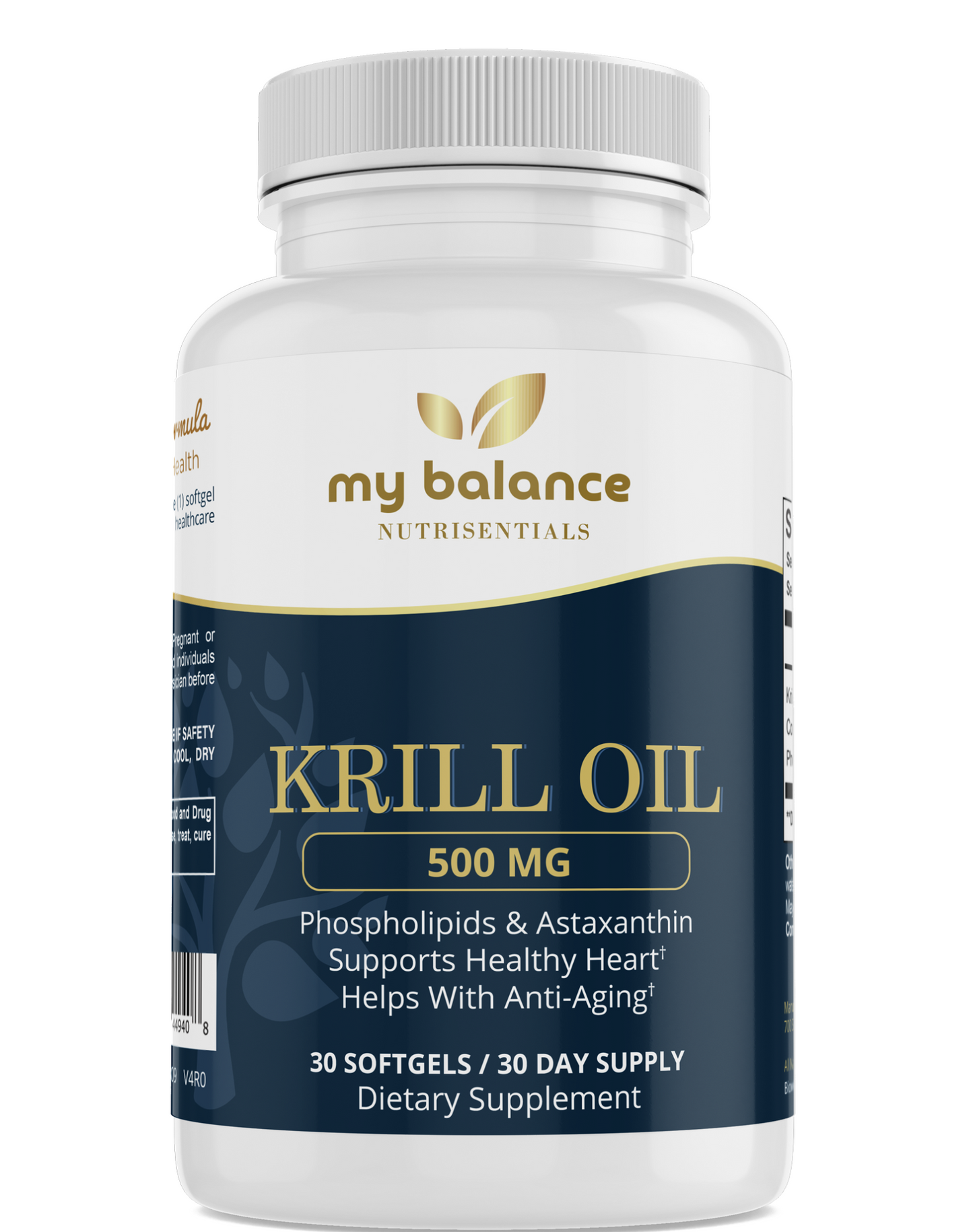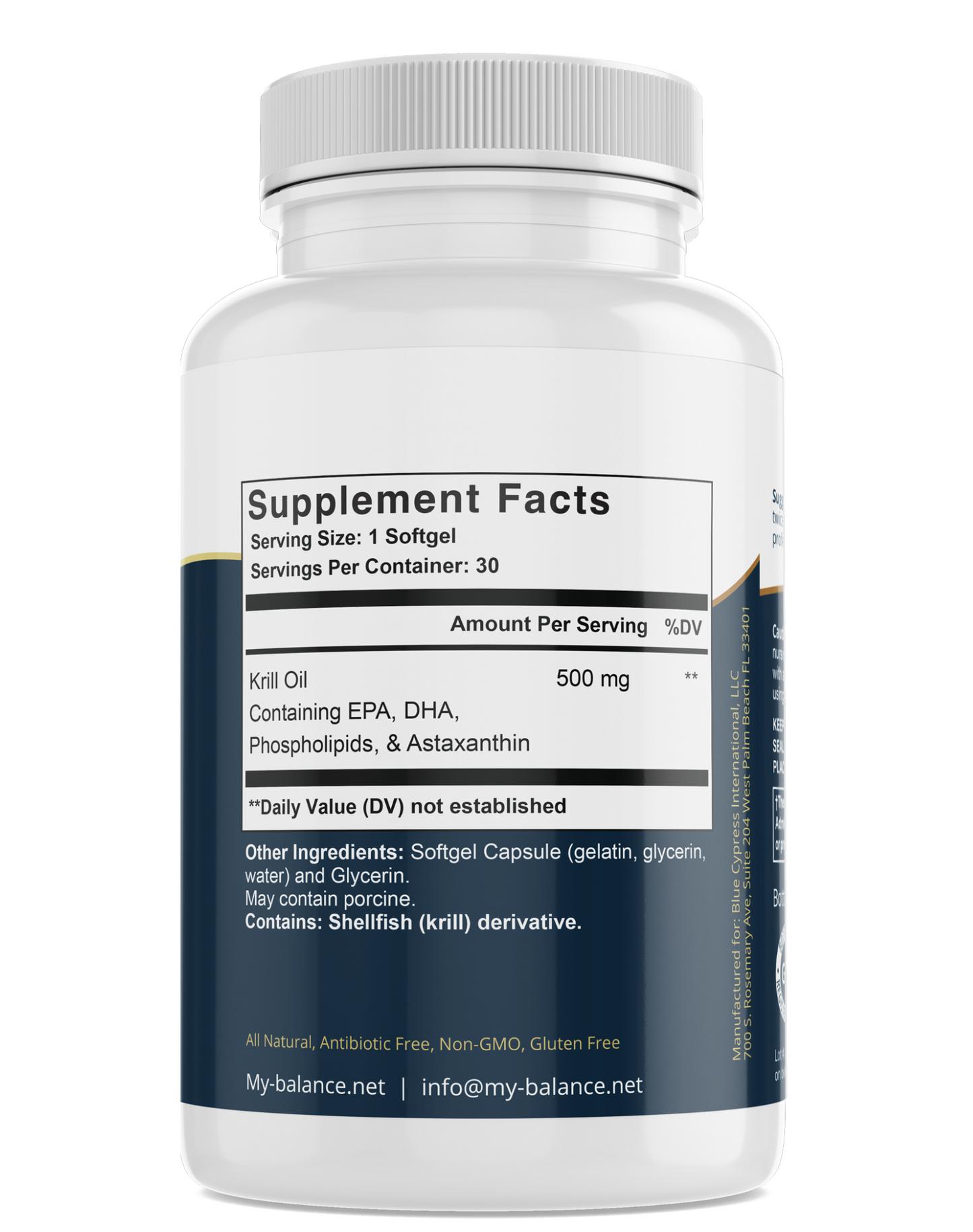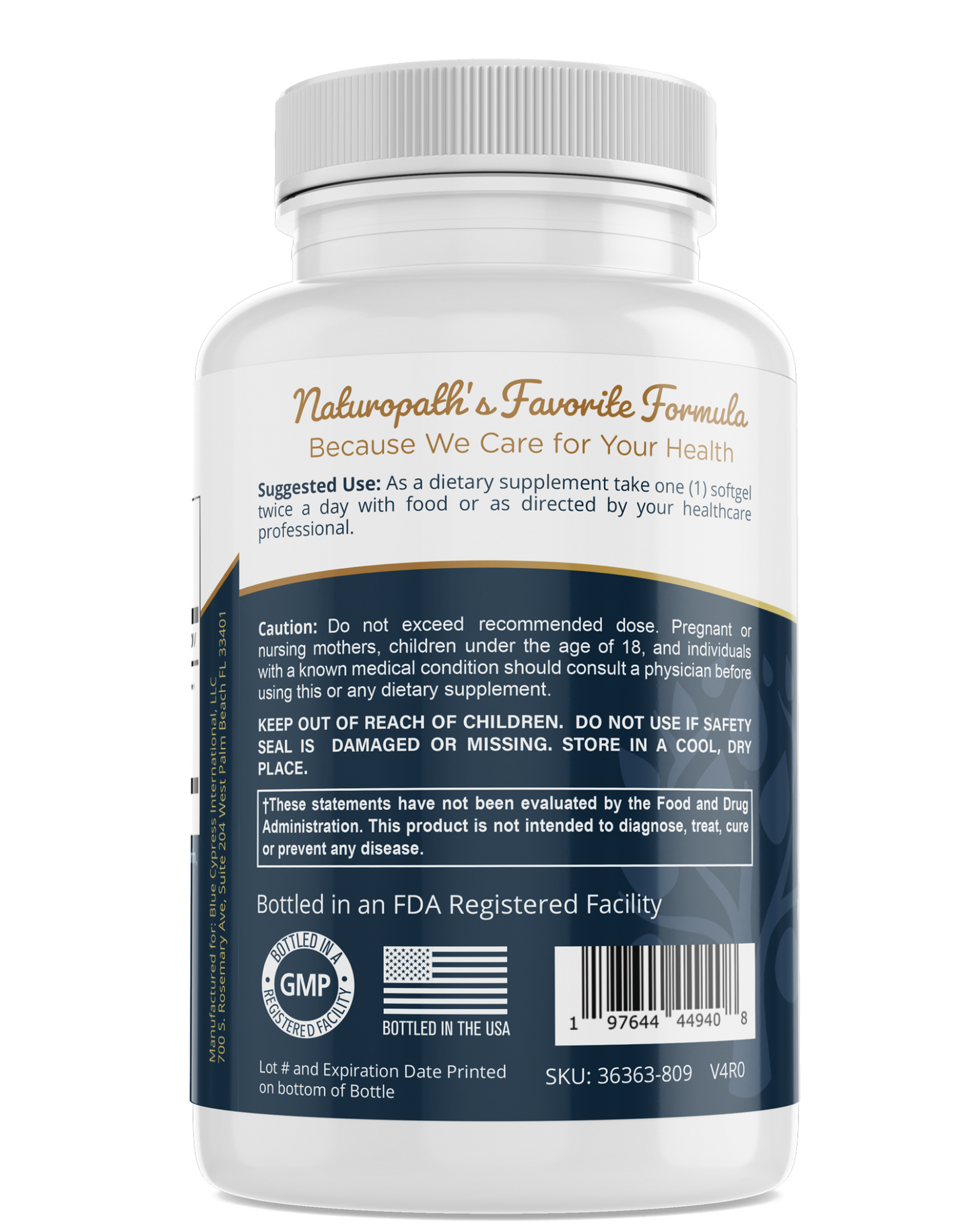My Balance
Krill Oil "A Rich Source of Omega-3 Fatty Acids"
Krill Oil "A Rich Source of Omega-3 Fatty Acids"
Couldn't load pickup availability
Discover the Benefits of Krill Oil: A Nutrient-Rich Supplement
If you’re exploring options for incorporating omega-3 fatty acids into your diet, krill oil is a noteworthy choice. Derived from small, shrimp-like crustaceans known as krill, this supplement has been gaining attention for its unique properties and potential advantages.
What is Krill Oil?
Krill oil is extracted from krill, tiny marine crustaceans that are found in the cold waters of the Antarctic. Unlike traditional fish oil supplements, krill oil is rich in essential omega-3 fatty acids, including EPA (eicosapentaenoic acid) and DHA (docosahexaenoic acid). These omega-3s are important components of many cells in the body.
Why Consider Krill Oil?
- Omega-3 Fatty Acids: Krill oil contains omega-3 fatty acids, which are important for various bodily functions. These fatty acids are known for their role in supporting overall wellness.
- Balance of Omega-3 and Omega-6: Krill oil helps maintain a balance between omega-3 and omega-6 fatty acids, which is essential for overall well-being.
- Rich in EPA and DHA: Krill oil is a source of both EPA and DHA, two types of omega-3 fatty acids that contribute to overall nutritional support.
Unique Characteristics of Krill Oil
Krill oil differs from standard fish oil supplements in several ways:
- Phospholipids: It contains phospholipids, which are fats that help in the absorption of omega-3 fatty acids by the body. This can enhance the bioavailability of the beneficial compounds.
- Astaxanthin: Krill oil includes astaxanthin, a natural antioxidant that helps protect cells from oxidative stress.
Krill oil provides a different approach to obtaining omega-3 fatty acids compared to traditional fish oil. Its unique composition, including phospholipids and astaxanthin, sets it apart in the world of dietary supplements.
For more information on integrating krill oil into your wellness routine, consulting with a healthcare provider can be beneficial.
Share





